City Should Restore History Museum Water Subsidy
With the changing of political representatives every two years and city managers averaging every five years, some issues become lost in history and eventually misrepresented by people that were not around when the issue was discussed. I don’t believe original intent should be changed or lost just because city records of the past failed to be totally clear. One such issue is the participation of the Antioch Historical Society as a beneficiary of the Transient Occupancy Tax (TOT) or Motel Tax.
For many years by virtue of ordinance the City of Antioch charged a motel tax of 7 percent and used the income in the general fund. In the early 1990’s a 3 percent increase in the tax was proposed to support the arts, culture and history in the City of Antioch. An advisory ballot measure was written by then City Attorney Bill Galstan, which asked if the citizens of Antioch would support increasing the motel tax by 3% with the proceeds being used to support the arts, culture and history activities within the community.
The members of the Historical Society soundly supported the measure and worked diligently for its passage. Society members wrote some of the arguments in favor of the measure in the ballot packet. The president of the Historical Society was appointed to the Civic Arts Commission to represent the interest of the Society in the programs that would be funded by the tax.
After its passage and confirmation by the council led by Mayor Joel Keller in 1992, the president of the Historical Society dropped off the Civic Arts Commission due to illness. The Arts Commission continued on, spending the tax that in early years harvested a range between $120,000 and $160,000 for the fund, however frequently forgetting the support and inclusion of the Historical Society.
When it became obvious the commission would continue to ignore the Historical Society that by all intent was included in the fund, former Mayor Verne Roberts and historical member Jim Boccio went to the mayor and City Manager Lee Walton and petitioned to have the situation corrected. An admission the Society had dropped through the cracks was made and a $5,000 annual stipend was immediately budgeted from the fund for the Historical Society. Over the years the amount increased to $6,000, and then under Mayor Don Freitas it was increased to $12,000. In addition to the money from the fund, the water bill for the grounds at the museum was waived.
In the late 1990’s with further discussion, all parties were reminded that the Arts, Culture and History Fund was established by an “advisory” ballot measure, which meant in times of extreme financial difficulty the entire fund could be diverted to the General Fund of the city. Several other things changed by the new century when the Civic Arts Commission was disbanded, the arts program was placed under City Manager Ramsey, and funding for historical became part of the recreation budget. Regardless of those changes, the Antioch Historical Society noted the financial difficulties of the city two years ago and voluntarily removed the stipend from their own budget.
In direct conflict with rather harsh statements made by City Manager Jim Jakel at the April Council meeting, the Society has not received the stipend now in two years. They have continued to receive free water for the grounds and have worked diligently to be good stewards of that water, being the lowest usage of any non-profit in the city receiving water. All of this having been said, the Society members understand and approve of the Council limiting the motel tax fund to the $18,000 brought in this recession year, and further limiting those funds to the preservation of the Lynn House Art Gallery that the City owns and is responsible for.
What is not understood is why the Historical Society has been singled out for the loss of all water from the water fund. Between the ball fields, the Senior Center and the Historical Museum, the museum has the least amount of usage, and provides a major asset to the culture of this community for free to all citizens. Last year the city subsidized the Water Park for over $850,000, and this budget subsidizes the Water Park for another $300,000-plus. But the children of downtown Antioch will rarely be able to travel to Southeast Antioch, or afford the fee for entry this summer, while the museum will welcome them inside twice a week, and to our grounds all week long, with no fee at all.
With the help and support of the community from the original ballot measure in 1992, to the continued support of citizens through donations, volunteers and attending our fundraisers, the Society has been able to provide a state award-winning museum to this community, and has directed our last three years of grants to paying for bus transportation from every elementary school to the museum as we partner with our schools for education.
In years of recession the council and the city needs the continued support of all of our non-profits to preserve the human element of our community. The council does not need to single out one organization in what appears punitive against a group that has only worked to support, and validate the work of our council for the benefit of it’s citizens.
As a former councilmember and mayor pro tem, I know what I voted for in July of 1992, confirming the use of the 3 percent TOT for the Arts, Culture and Historical Fund, and I remember clearly the original intent of the ballot measure. I hope and pray that with the intent of continuing that mutual partnership for the benefit of the community, that the council will reverse its prior decision and restore the water usage for the grounds at the Antioch Historical Society Museum.
the attachments to this post:

Antioch Historical Society Museum




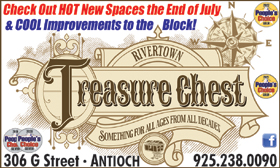


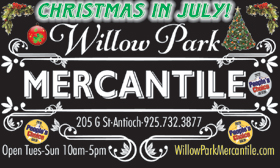







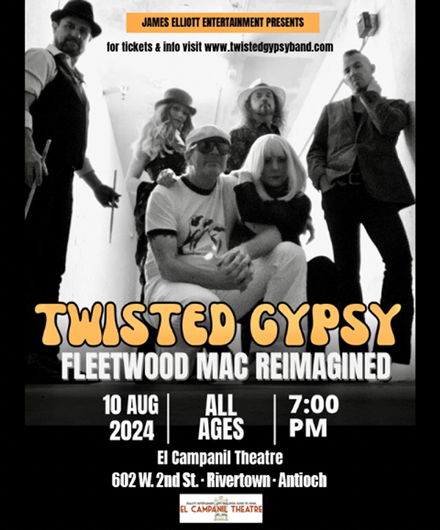



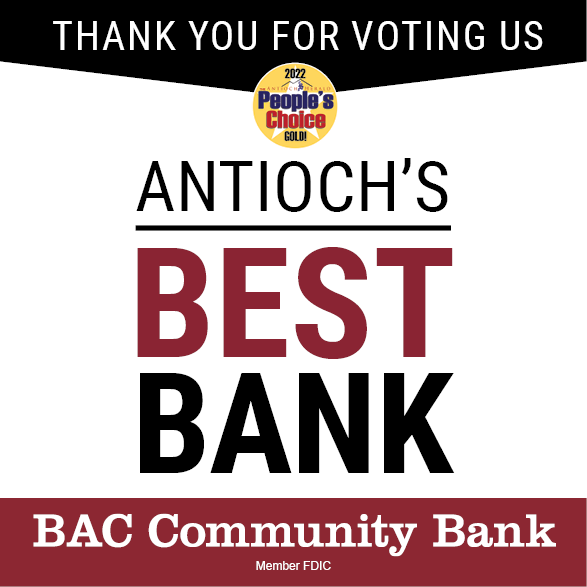




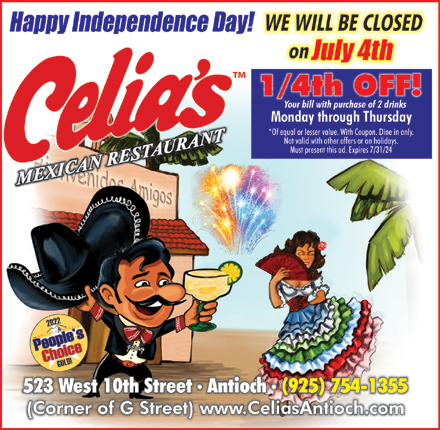



Liz,
Thanks for submitting this. I appreciate the history behind the hotel/motel tax. I too forgot that it’s for arts, culture and history.
So I agree some of it needs to go the Historical Society. It’s just amazing how much the total revenue from this tax has dropped in the past few years. Not surprising, but the drop is significant. And you make a great point about the subsidy to the water park versus how much the Historical Society is asking for. Doesn’t make sense to me.
Allen Payton
Publisher
With the limited budget, subsidies should go to the item that serves the most citizens. That said I believe non-profits like the Historical Society and Civic Arts Commission need to re-address their priorities and not be constantly asking to be bailed out. Are their salaries out of line? Could they be doing more for themselves?
They need to be self-sustaining. I consider the golf course and banquet center to fall in the same category.
It is time for non-profits to grow up. The real world has arrived.
As the repository of Antioch’s history, I find it shameful that the City Council & staff would want to eliminate the miniscule funding support for the Antioch Historical Society from the Transient Occupancy Tax (TOT) receipts.
There is a direct relationship between the TOT that is paid by people who stay at Antioch’s hotels and motels, and the amenities the Historical Society provides.
Dear Mr. Fernandez,
It is obvious you have never participated or contributed to the Historical Society. We don’t need to cut our salaries as there are none.Our property is on the tax rolls, we pay our taxes and sales tax as well for our gift shop.We are supported by membership fees, volunteers, benevilet gifts, grants,and occassional rentals of our grounds.We are solvent because we run our business better than the city runs it’s.You should investigate before you critisize groups based on blanket accussations.Be our guests and visit the museum on Wednesday or Saturday between 1pm and 4pm. Then tell this group if you feel the same at the end of your tour of the museum.We are owned and run by 100% volunteers and the museum is an example of what people can do when they are concerned more for their community than they are for themselves. Elizabeth Rimbault